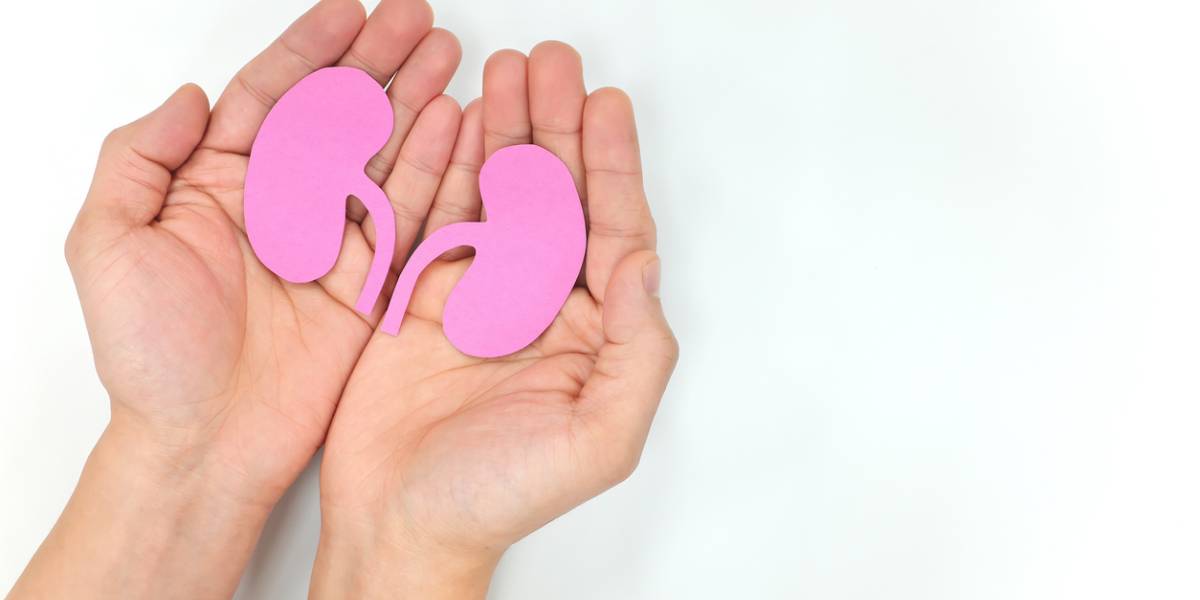An eight-year-old girl underwent ‘life-changing’ surgery thanks to her mother who donated her kidney.
Last year, Divya Shankar donated bone marrow to her daughter Aditi six months before she also gave her one of her kidneys.
By undergoing the kidney transplant at London’s Great Ormond Street Hospital, Aditi will no longer need to take anti-rejection medication all of her life.
The eight-year-old has Schimke’s immuno-osseous dysplasia – a rare genetic condition that impacts the immune system and kidneys.
- Breakthrough blood test could predict if people with diabetes will develop heart or kidney disease
- Eating oily fish lowers twice a week lowers chronic kidney disease risk
- Reading and a healthy diet improves problem solving skills in children
According to experts, one in three million people are diagnosed with Schimke’s immuno-osseous dysplasia each year.
When Aditi was diagnosed with the rare genetic condition in 2020, she had to go for treatment at the children’s hospital in London a minimum of three times per week.
Doctors were worried that a conventional kidney transplant would not work due to Aditi’s low kidney function and extremely weak immune system.
Specialists at Great Ormond Street Hospital collaborated with international experts to design a treatment plan for Aditi, which included a bone marrow and kidney transplant six months apart.
The eight-year-old used anti-rejection drugs one month after the transplants but she now no longer needs them as her new kidney functions well without them.
Aditi can now live her life like a normal eight-year-old girl and enjoys activities such as swimming, trampolining and dancing.
Her mother Divya Shanka said: “I was so happy to give her blood cells and a kidney. I just feel so proud.”
- Eating fruit and vegetables high in calcium and potassium could prevent recurring kidney stones
- Kidney function not improved by taking vitamin D supplements, scientists claim
- The Diabetic Dinosaur: Children’s type 1 diabetes book published
Children’s Kidney Specialist, Professor Stephen Marks said: “Aditi is the first patient in the UK who has had a kidney transplant to not require the immunosuppressive medication. Because of her underlying immune condition, it meant she would not be able to receive a kidney transplant.
“Her immune deficiency had to be corrected by having mum’s bone marrow first, and because Aditi was able to accept her mum’s bone marrow, that therefore meant her body could then see her mum’s kidney as being part of her.”
He added: “A month after the transplant, we were able to take her off all of her immunosuppression, which means she doesn’t get the side effects of the drugs. And now, one year after having had a bone marrow transplant and six months after having a kidney transplant, it is so heart-warming to see her having a good quality of life – going to the beach, singing, dancing and also going to school and being able to do things that normal children do. It was exciting that Aditi had become the first person on the NHS to undergo this procedure.”
Aditi’s father Uday said: “Most of the support for the family has come from Aditi. She was going in for six to eight hours a day of dialysis and then she would come home and still light the whole house up.”




